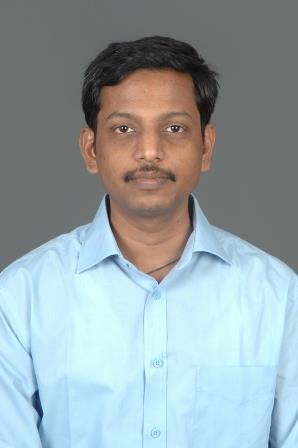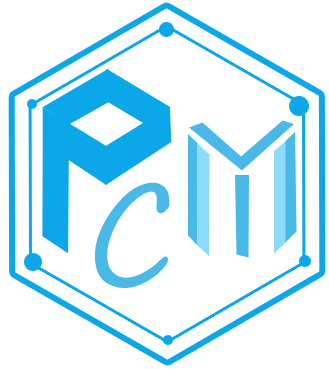Invited Speaker

Murali Rajaram
Associate Professor, Department of Materials Physics, Saveetha University (SIMATS), IndiaSpeech Title: Mesoporous Ultrathin Graphitic phase C3N4-based composites for superior photocatalytic performance in refractory pollutants degradation
Abstract: Research on 2D nanomaterials with unique structural and electronic features has shown rising to a remarkable height and will keep on staying as a significant topic in materials science. In this regard, there are intensive interests to introduce 2D g-C3N4 materials and exploration of their unique tunable and controllable properties in a predictable manner. These 2D materials are achieved through various synthetic routes and the crucial role of these 2D materials is having a broad range of applications, including CO2 photoreduction, the degradation of refractory pollutants, and the production of renewable and sustainable hydrogen fuel. Graphitic carbon nitride (g-C3N4) has been regarded as a promising metal-free photocatalyst for addressing the energy crisis and environmental issues because of its fascinating electronic band structures, photochemical stability, and efficient light harvesting with suitable bandgap energy of 2.7 eV. However, its photocatalytic effectiveness is constrained by low surface area and low-charge carrier mobility. Its distinct band structure provides a promising technique to enhance the charge separation, improve the surface area, and enhance light absorption when coupled with a semiconductor having a wide bandgap. Metal oxides, sulfides, and ferrites have been categorized and described as the three main systems of g-C3N4-based nanocomposites. The future challenges and prospective solutions that may direct the development of 2D advanced nanomaterials based on g-C3N4 and their photocatalysis related applications overviewed based on our recent results.
References:
1. Xiong, J., Di, J., Xia, J., Zhu, W., Li, H., 2018. Surface Defect Engineering in 2D Nanomaterials for Photocatalysis. Adv. Funct. Mater. 1801983- 1802002.
2. Leelavathi, H., Abirami, N., Muralidharan, R., Kavitha, H.P., Tamizharasan, S., Sankeetha, S., Arulmozhi, R., 2021. Sunlight-assisted degradation of textile pollutants and phytotoxicity evaluation using mesoporous ZnO/g-C3N4 catalyst, RSC Adv. 11, 26800–26812.
3. Leelavathi, H., Abirami, N., Muralidharan, R., Kavitha, H.P., Tamizharasan, S., Sankeetha, S., Kumarasamy, A., Arulmozhi, R., 2023, Construction of step scheme g-C3N4/Co/ZnO heterojunction photocatalyst for aerobic photocatalytic degradation of synthetic wastewater, Colloids Surf. A Physicochem. Eng. Asp. 656, 130449.
4. Zhu, Y., Peng, L., Fang, Z., Yan, C., Zhang, X., Yu, G., 2018. Structural Engineering of 2D Nanomaterials for Energy Storage and Catalysis. Adv. Mater. 1706347- 1706366.
Biography: Dr. R. Muralidharan, joined the Department of Materials Physics, SIMATS, with 10 years of teaching experience in other Engineering colleges. He completed his doctoral thesis in the field of Non-Linear optical and ferroelectric single-crystal materials, at Crystal Growth Centre, Anna University in the year 2004 under the supervision of Prof.P.Ramasamy. He started his research carrier as JRF under the AICTE_MODROBS project with Prof. R. Jayavel. He was awarded the CSIR_SRF fellowship in the year 2001. After completing his Ph.D, he pursued his postdoc work in POSTECH, Pohang, South Korea under Prof. Yoon Hee Jeong, in the field of Multiferroic materials for two years. He joined the group of Prof. Joseph Fontcuberta, CSIC-ICMAB, Barcelona, Spain, in the I3P post-doctoral fellowship awarded by the Spanish government, to continue working in the field of self-assembled multiferroic nanostructures for the next two and half years. He joined as a Research Fellow in the group of Prof. A. J. Bell, in IMR, University of Leeds, UK. He has published around 40 peer-reviewed journals, which includes high impact factor journals like ACS Nano, Chemistry of Materials, Applied physics letters etc. His publication list can be found in the following links
ORCID:
https://orcid.org/my-orcid?orcid=0000-0003-1224-2325
